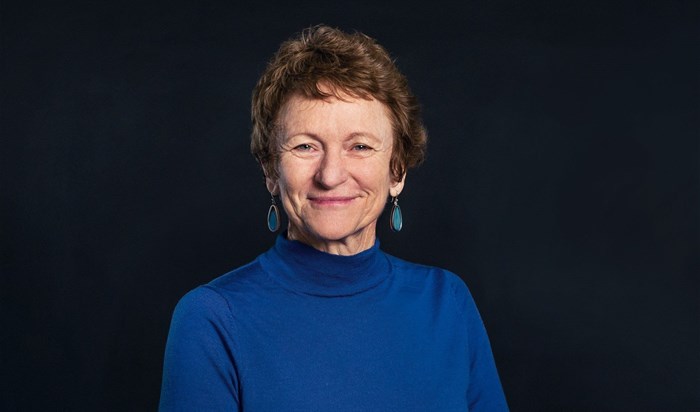#BizTrends2024: Circular economy: A goldmine for entrepreneurs in 2024

Climate change is upon us. There is lots of evidence of the need for solutions and evidence of innovation elsewhere in the world. What is lacking in the research is a view on the market demand for such solutions and in South Africa we lag behind these global trends as we lack the policies to support and drive meaningful change in consumer and corporate behaviour.
Despite this, what we are seeing is that small businesses can turn to circularity as a viable, people- and planet-friendly opportunity.
Sustainable growth
Africa is on target to take centre stage as the most populous continent by 2050. The result of this growth in population is its collateral demand for more jobs, more food and more manufacturing. Without significant change to the ways of doing business, this will place even greater pressure on existing resources and have a negative impact on the environment.
More than this, as Europe seeks to penalise ‘dirty’ production through carbon taxes, South Africa’s highly fossil-fuel-driven economy will mean that exporters of everything from gold and platinum to wine and fruit will find themselves excluded or heavily taxed in these markets.
However, there is an alternative way: the circular economy way, a resource-efficient production and consumption mindset where profit reaps the benefits.
As only 7.2% of the global economy is currently circular there are potentially 92.8% other waste inefficiencies that could be designed out by incorporating circularity into the business model.
Innovators globally are onto this trend and big data and artificial intelligence-powered Startus Insights Discovery Platform, has tracked 3,790,000+ startups and scaleups globally to uncover top innovation trends in order of magnitude in waste as a resource, reuse, the internet of waste, artificial intelligence, bio-based materials, re-manufacture, blockchain and repair.
Innovations such as these have the added benefit of contributing towards positive tipping points in the fight against climate change with long-lasting benefit to communities.
Locally, small pockets of businesses are embracing circularity as a new way of doing business, with success rates far exceeding their traditional business peers. In Fetola’s Circular Economy Accelerator for example, the average annual growth rate of the 126 circular SMEs is 112%, along with rapid job creation.
Circular economy: A goldmine for entrepreneurs
Nearly everything you see around you will become waste, sooner or later. There are huge dumps of anything you can imagine, from landscapes of discarded tyres and fast fashion, to e-waste, aeroplanes and bicycles. In South Africa, entrepreneurs have found opportunity in this “end-of-life" stage creating viable enterprises out of waste.
Jami Nash, founder of Electronic Cemetery is taking an active role in Durban’s e-waste sector, navigating compliance in order to build a profitable, people-centric business that recovers essential elements in an environmentally positive way.
Globally, industries with the greatest potential for change are reported to be energy, agriculture and food, the built environment, transport and manufacturing. Envisaging a new paradigm by refining business models, processes and mechanisms could reduce virgin material extraction by 34%.
Opportunities for 2024
Other great examples of businesses that have switched from linear to circular practice include Ambesha Africa which has cut their waste by 80% by reusing the cane off-cuts in the manufacture of new products, introducing a repair service and providing a unique trade-in service that enables products to be remanufactured into new designs.
In the agribusiness sector, exciting South African climate-smart tech business Agrilogiq is providing innovative greenhouse automation using cloud-based IP-intensive software energy, water and fertiliser waste resulting in improved profitability and reduced climate impact. These are just two of a growing ecosystem of circular entrepreneurs making strides in the sector.
The trajectory of 2024 is towards circularity, innovation, and a shared responsibility for a thriving future.
In South Africa, the good news is that the Department of Science, Technology & Innovation is actively researching ways to encourage circular business, in support of policies and practices that create an enabling environment for business. More work is needed on simple tools for measurement of impact like Circular-IQ – an area crying out for innovation. By adopting circular practices, businesses can become contributors to the economy and stewards of a healthier, people-centric and sustainable world.










